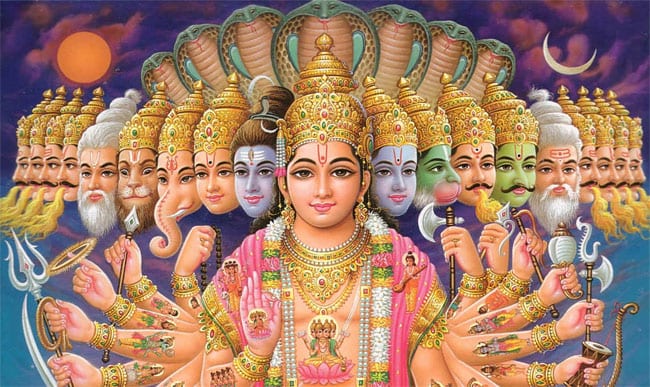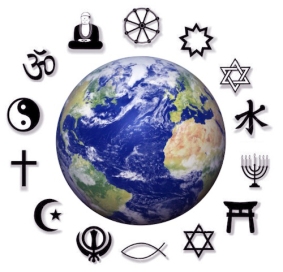Over 95% of Hindus live in India, the original place where Hinduism was founded. It is one of the world’s oldest religions, and is the 3rd largest world religion. It is similar to Buddhism, yet has some differences that distinguish it from any other religion. There are around 33 million gods.
Where did the religion come from?
Hinduism was formed from the synthesis of many different religions after the Aryans brought their tradition to the Indus Valley region. It is based on the Vedas, a collection of hymns and sacred texts assembled by the Aryans.
Where did I come from?
Hinduism is based on a diversification of ideas, meaning different schools of Hindu thought have varying beliefs with one another. This applies to the origin of humanity; some accept evolution while others point to a higher power and a creation story.
What does it mean to be perfect, to reach a spiritual ideal?
Perfection, or siddhi, is a concept based in purity and achievement. When one fully practices the purusarthas, they have achieved Hindu perfection. Namely, a perfect Hindu is one who balances desires, has achieved through ethical methods, and has reached fulfillment.
How do I live my life?
The four Purusharthas: Dharma, Artha, Kama, and Moksha, are the basic principles Hindus are expected to follow. Each part of the four-part guidelines is rooted in finding the ultimate truth of self and one another. Hindus ideally go through stages of life, called ashrama, which are each focused on living morally right lives and achieving dharma.
What is salvation?
Similar to Buddhism, salvation is achieved upon liberation from the continuous cycle of reincarnation, or samsara. This release is achieved by Brahmins, who are the highest teachers of Hinduism in the caste system. One’s individual soul, or atman, is united with the supreme, absolute soul of all creation.
What is my purpose or destiny?
Hindus are called to follow each part of the purusharthas and lead other followers on the way. This leads to a greater understanding of one’s self and others, and their relationship to the world. Ultimately, Hindus strive for moksha, the release from continuous reincarnation.
What is the nature of the world around us?
Hinduism takes a complex approach to the nature of the world. The four purusharthas address the key questions of life. For example, Hindus believe in right relationship with one another – we are meant to be fulfilled and achieve prosperity through right means. The caste system is supported by Hinduism and the concept of karma. The actions and behavior in life have a direct effect on the rebirth of a soul in the next.
What is ultimate reality and how is it revealed?
According to most schools of thought, Brahman is the essential principle in all things in life. Brahman is the underlying cause and effect of everything, a central concept in Hinduism. The presence of Brahman in all things is acknowledged by many, and we are to unite ourselves with this higher being. When this accomplished, the true nature of Brahman is revealed.

